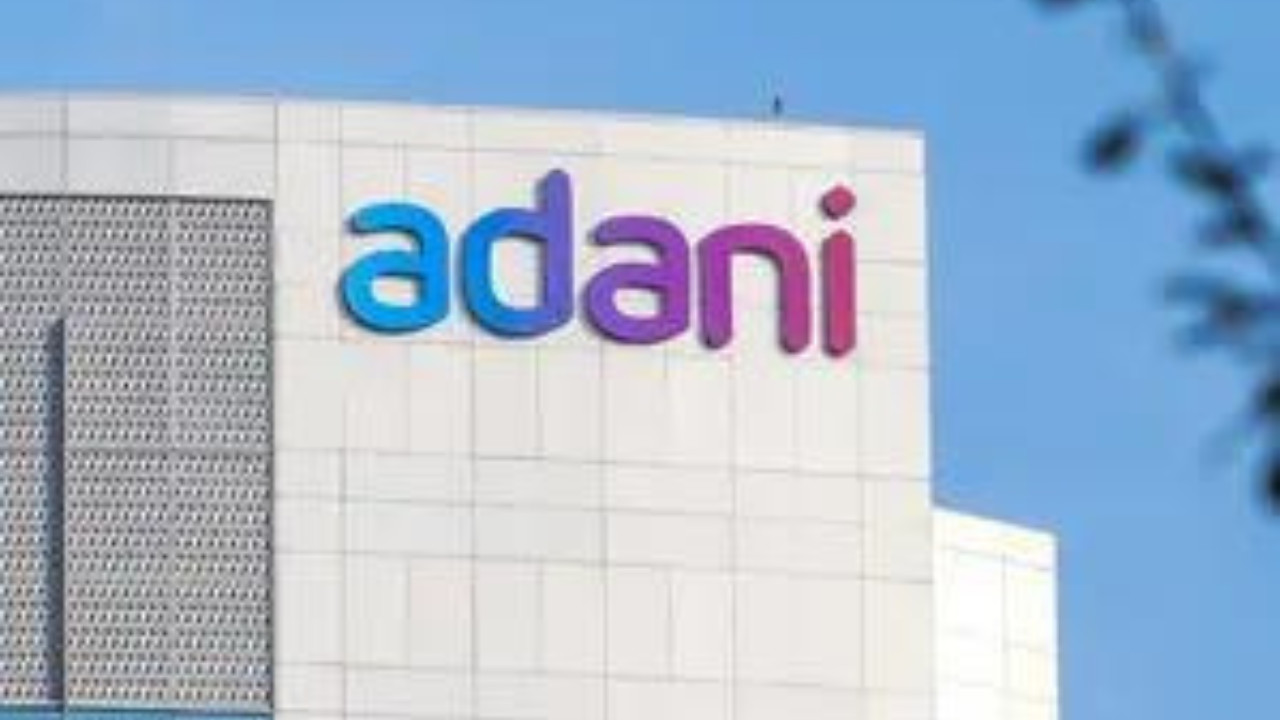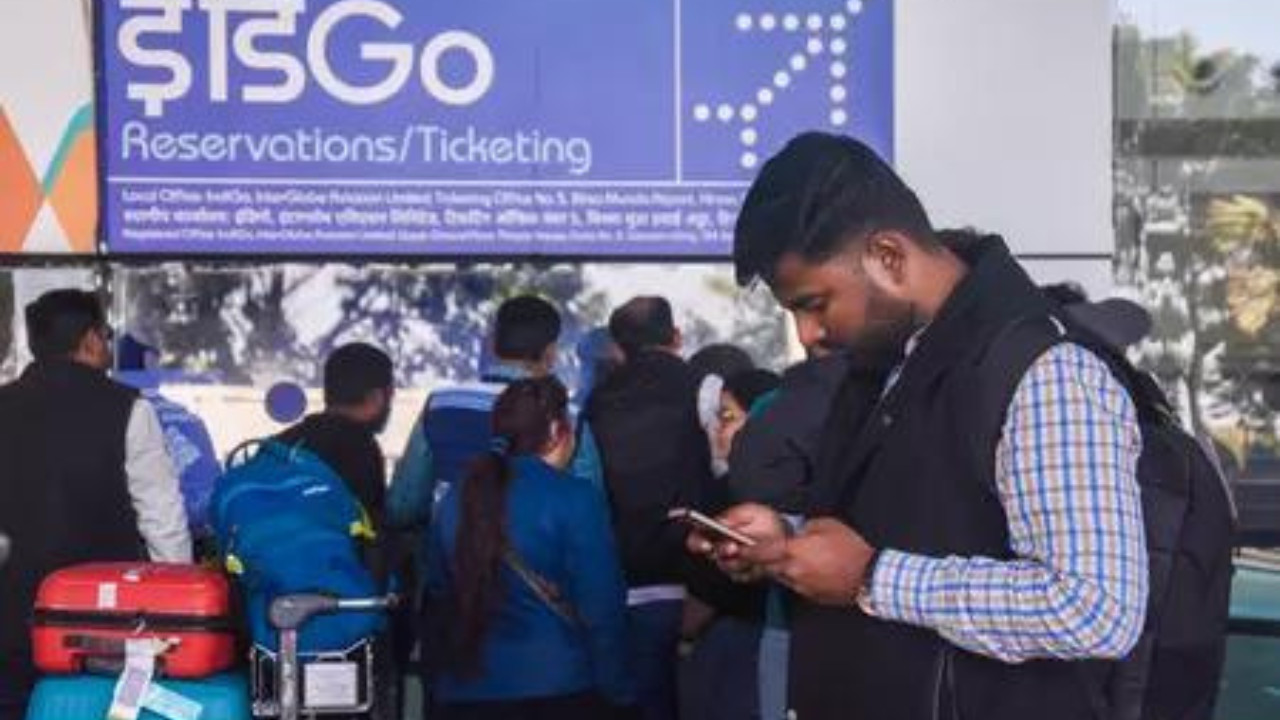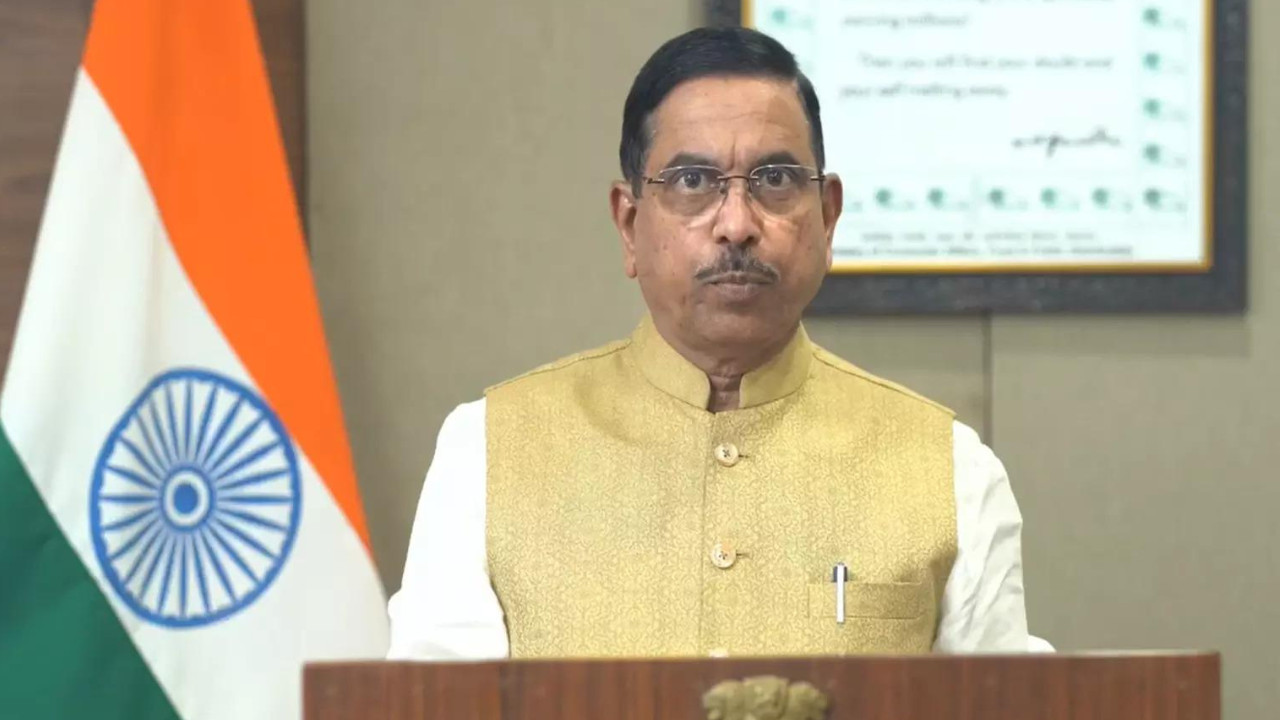Bangladesh has significantly reduced its debt to Adani Power with a $384 million payment this month, settling admitted dues until March 31. Disagreements persist over coal costs and plant capacity, with Adani claiming an additional $500 million. The payments follow supply reductions due to Bangladesh’s financial struggles, exacerbated by political turmoil and the Russia-Ukraine war.
Powering Through: Bangladesh & Adani Navigate Energy Debts
The lights are staying on, and the gears of industry are still turning in Bangladesh, thanks in part to a significant recent payment to Adani Power. In a move that signals a step towards solidifying energy partnerships, Bangladesh has cleared a substantial chunk of its outstanding dues, injecting a much-needed $384 million into Adani’s coffers. This payment brings the total amount outstanding down to a more manageable $500 million, marking a notable shift in the financial landscape of this crucial energy deal.
But how did we get here, and what does this mean for the future of power in Bangladesh?
The story begins with a power purchase agreement (PPA) inked between Bangladesh and Adani Power, intended to fuel the nation’s growing energy demands. The agreement centers around the Godda Ultra-supercritical Thermal Power Plant in India, a crucial supplier of electricity to Bangladesh. However, like many international collaborations, this one hasn’t been without its complexities, primarily surrounding payment timelines.
The recent payment demonstrates a firm commitment from Bangladesh to honor its obligations and ensure the continuous flow of electricity. This isn’t just about keeping the lights on; it’s about maintaining economic stability and fostering a reliable environment for businesses and industries that depend on a consistent power supply. Imagine the impact of widespread blackouts on textile factories, data centers, and hospitals – the consequences are far-reaching.

Unpacking the Significance of the Power Purchase Agreement
PPAs, like the one between Bangladesh and Adani, are intricate beasts. They define the terms and conditions under which a power producer (like Adani) sells electricity to a buyer (in this case, Bangladesh). These agreements typically cover aspects like pricing, delivery schedules, and payment terms. When disputes arise, as they sometimes do, it’s often related to the interpretation of these clauses.
While specific details of the disagreements haven’t been widely publicized, it’s common for PPAs to face scrutiny regarding fuel costs, operational efficiency, and currency exchange rates. The recent payment suggests that both parties have found a pathway forward, perhaps through renegotiated terms or a renewed understanding of the existing agreement. Resolving these financial hurdles is crucial for building long-term trust and fostering a sustainable energy partnership.
The Broader Implications for Energy Security in Bangladesh
This financial development has broader implications for Bangladesh’s energy security. Reliance on a single source of power, even a large one like the Godda plant, can create vulnerabilities. Diversifying energy sources, including exploring renewable options like solar and wind power, is a key priority for Bangladesh. These sources reduce reliance on imported fuels and offer a more sustainable path to meeting the country’s growing energy needs.
Investing in domestic energy production and improving transmission infrastructure are also essential steps. Strengthening the national grid allows for better distribution of power from various sources, enhancing resilience and reducing the risk of widespread outages. This proactive approach will not only safeguard against disruptions but also pave the way for a more sustainable and independent energy future. Consider exploring our other content on [Bangladesh’s renewable energy initiatives](internal-link-to-related-article).
Looking Ahead: Navigating the Path to a Sustainable Energy Future
The payment to Adani Power is undoubtedly a positive step, but it’s not the end of the story. Continued dialogue, transparency, and a willingness to compromise are vital for maintaining a stable and mutually beneficial relationship. The remaining $500 million outstanding will undoubtedly be a topic of ongoing discussion, and finding a mutually agreeable repayment plan is crucial.
Furthermore, Bangladesh’s long-term energy security hinges on diversifying its energy mix and investing in sustainable solutions. While imported power from sources like the Godda plant plays a significant role in the immediate future, prioritizing renewable energy and strengthening domestic infrastructure are essential for building a resilient and independent energy future. Bangladesh’s commitment to resolving the financial hurdles demonstrates a willingness to navigate the complexities of international energy partnerships and ensure a brighter, more powered-up future for its citizens.







